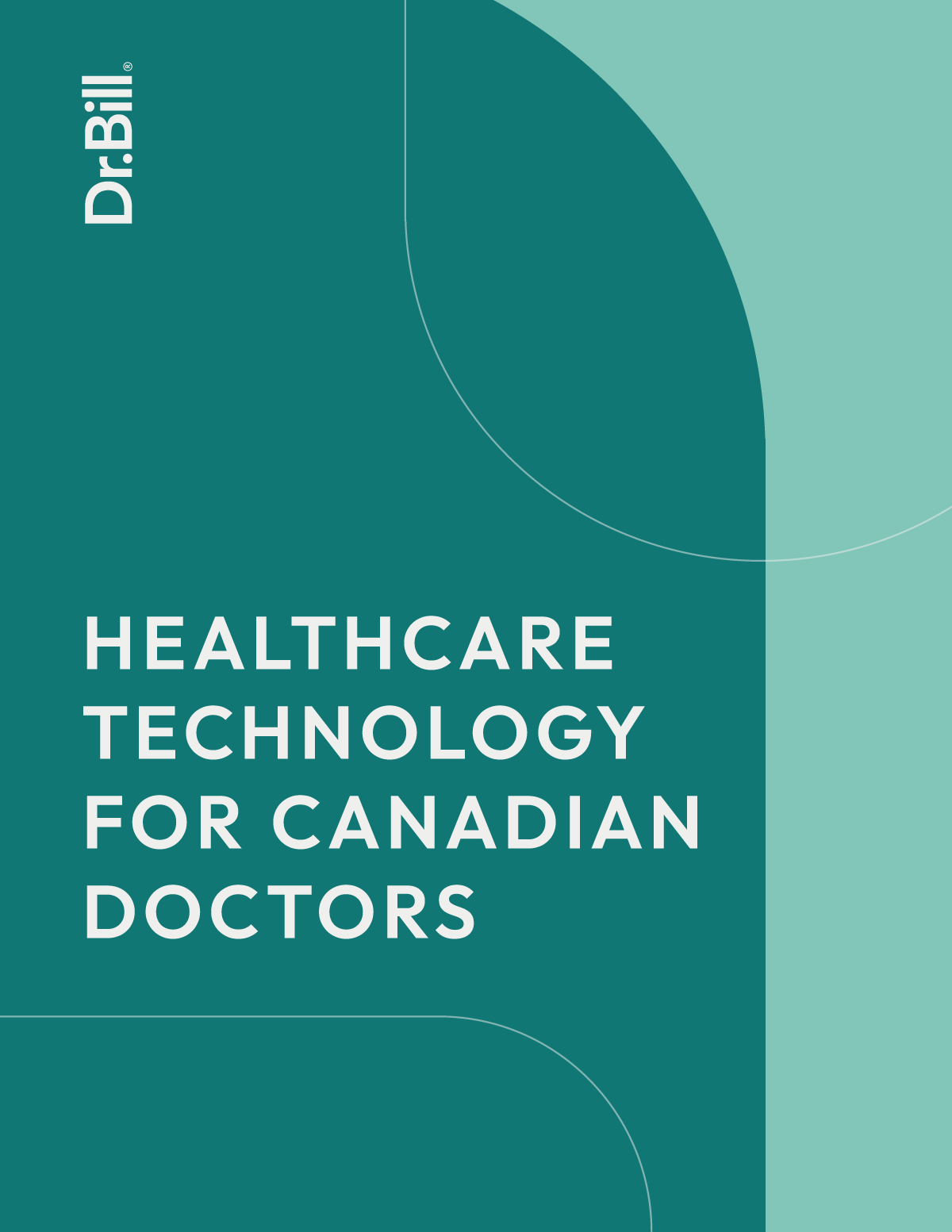The Canadian job market can seem daunting for international doctors––especially when you’re applying, interviewing, and trying to decide between job opportunities from outside the country. There’s a lot for International medical graduates (IMGs) to consider from licensing and certifications to residency training, work permits, language requirements, and more.
In this blog, we cover the ins and outs of not just opening a medical practice as an international doctor in Canada, but choosing the right position for you. As you start and move along your immigration journey, here are key things to keep in mind about becoming a physician in Canada.
Licensing and certification process
How do I get a licence to practice medicine in Canada?
For IMGs to obtain a licence to practice medicine in Canada, you will need to follow a specific process. Each province in Canada has its own medical regulatory authority responsible for issuing licences to practice medicine, however, regardless of province, the first step to getting a licence to practice medicine in Canada is to apply to get your Licentiate of the Medical Council of Canada (LMCC).
The LMCC is a qualification issued by the Medical Council of Canada (MCC). Note this isn’t a licence to practice medicine, but it does make you eligible to then register with provincial regulators.
To get your LMCC, you must meet certain eligibility requirements:
- Completion of a medical degree from a recognized institution. Canadian medical regulatory authorities generally recognize medical degrees from reputable institutions worldwide. However, the specific evaluation of your degree will be conducted during the credential assessment process.
- Proficiency in English or French, depending on the province.
- Completion of at least 12 months of postgraduate medical training (a residency) in either your home country or another recognized jurisdiction.
- Pass the Medical Council of Canada Qualifying Exam (MCCQE) Part I and II to assess your medical knowledge and clinical skills.
- Pay the LMCC application fee
Once you have your LMCC, you can register with the regulatory body in the province you wish to practice in. Check with the regulatory body in the province where you intend to practice to understand the specific requirements and processes.
In Ontario the regulatory authority is the College of Physicians and Surgeons of Ontario, in Alberta it’s the College of Physicians and Surgeons of Alberta, and in British Columbia it’s the College of Physicians and Surgeons of British Columbia.
Are there any bridging programs to help me transition to the Canadian healthcare system?
Some provinces offer bridging programs or assessment pathways for IMGs to help them transition to the Canadian healthcare system. For example, the Alberta International Medical Graduate (AIMG) Program and the British Columbia Practice Ready Assessment Program (BC PRA-BC) are designed to help IMGs meet the requirements for licensure in those provinces.
ADDITIONAL READING: 10 Reasons Doctors Should Choose Canada
Residency training
Do I need to complete residency training in Canada?
Yes, regardless of your previous medical training and experience, you must complete a residency training program in Canada to obtain a license to practice as a physician. Residency training is a crucial step in the process of becoming a fully licensed medical doctor in Canada.
Can I apply for residency positions (CaRMs) as an international physician?
IMGs can apply for residency positions in Canada through the Canadian Resident Matching Service (CaRMS). CaRMS is responsible for matching medical graduates with residency programs across Canada. IMGs must meet specific eligibility criteria and requirements set by CaRMS and individual residency programs.
What is the residency matching process like in Canada?
The residency matching process in Canada is a competitive and structured system managed by CaRMS. Here is an overview of how the process works:
- Application: IMGs must submit their applications through CaRMS, indicating their preferred residency programs.
- Interviews: Shortlisted candidates are invited for interviews by residency programs.
- Ranking: Both candidates and residency programs submit their preferences to CaRMS.
- Matching: CaRMS uses a computer algorithm to match candidates with available residency positions based on preferences and program requirements.
- Notification: Candidates receive their match results on the CaRMS Match Day.
Employment opportunities
What job opportunities are available for IMGs?
IMGs in Canada have various job opportunities available to them, including working in hospitals, clinics, community health centres, academic institutions, and other healthcare settings. They can pursue roles as general practitioners, specialists, or pursue further training in subspecialties.
What are the prospects for specialists vs. general practitioners?
The prospects for specialists and general practitioners can vary based on factors such as demand, location, and healthcare priorities. Specialists often have opportunities to work in hospitals, specialized clinics, or academic settings, while general practitioners may work in primary care centres, walk-in clinics, or establish their own practices.
Are there restrictions on where you can practice as an IMG?
The ability to practice as an IMG in Canada may be subject to certain restrictions depending on factors such as your licensure status, visa type, and provincial regulations. It is important to check with the provincial medical regulatory authority where you intend to practice to understand any limitations or requirements.
What about rural and remote opportunities for IMGS?
Canada has initiatives and programs in place to encourage healthcare professionals, including IMGs, to work in rural and remote areas where there may be a shortage of healthcare providers. These opportunities may come with incentives such as financial support, loan forgiveness programs, and professional development opportunities.

Language requirements
Do I need to be proficient in English or French?
Proficiency in English or French is essential for IMGs practicing medicine in Canada. The language requirement ensures effective communication with patients, colleagues, and healthcare teams. The specific language requirement may vary by province, so it is important to check with the provincial medical regulatory authority for the exact language proficiency standards.
Are there language exams I need to take?
IMGs may be required to take language proficiency exams such as the International English Language Testing System (IELTS) or the Test d'évaluation de français (TEF) to demonstrate their language skills. These exams assess listening, reading, writing, and speaking abilities in English or French, depending on the language requirements of the province where you intend to practice.
Credential assessment
How do I get my international credentials assessed in Canada?
To have your international credentials assessed in Canada, you will need to contact the Medical Council of Canada (MCC) or the relevant provincial medical regulatory authority. They will evaluate your medical degree, postgraduate training, and other qualifications to determine their equivalency to Canadian standards.
What does the credential evaluation process involve?
Typically, the credential evaluation process involves submitting transcripts, diplomas, and other relevant documents for review. The assessing body will compare your qualifications to Canadian medical education and training requirements to determine if you meet the standards for licensure.
Resources for credential assessment include:
- The Medical Council of Canada (MCC): Provides information on the evaluation of international medical credentials and the process for obtaining a licence to practice in Canada.
- Provincial medical regulatory authorities: Each province has its own regulatory body responsible for assessing international credentials and issuing medical licences.
- In Ontario the regulatory authority is the College of Physicians and Surgeons of Ontario, in Alberta it’s the College of Physicians and Surgeons of Alberta, and in British Columbia it’s the College of Physicians and Surgeons of British Columbia.
Immigration and work permits
What are the immigration requirements for foreign-trained physicians?
Foreign-trained physicians seeking to work in Canada must obtain a work permit or permanent residency status. The specific requirements may vary based on factors such as the province where you intend to practice and your qualifications. It is advisable to consult with immigration authorities or legal experts for personalized guidance.
There are multiple immigration programs foreign-trained physicians can choose from to obtain permanent residency status in Canada, such as the Express Entry Federal Skilled Worker (FSW) program, which allows internationally qualified skilled professionals to move to Canada as permanent residents. There are also Provincial Nominee Programs that allow provinces to nominate candidates with in-demand skills and qualifications for permanent residence.
Can I work in Canada as an IMG while waiting for my credentials to be assessed?
In some cases, you may be able to work in Canada while waiting for your credentials to be assessed, provided you have the necessary authorization to work. However, certain restrictions may apply, and it’s important to comply with all immigration and licensing regulations during this period.
Are there specific visa categories for healthcare professionals?
Canada does offer specific visa categories for healthcare professionals, such as the Temporary Foreign Worker Program or the Express Entry system for skilled workers. These programs may have specific streams or pathways tailored to healthcare professionals, including physicians. Consulting with immigration experts or utilizing resources like Arrive can provide detailed information on the available options.
Salary and benefits
What’s the average salary of a physician in Canada?
The average salary for physicians in Canada varies depending on factors such as specialization, experience, location, and type of practice, such as whether you’re a family doctor or psychiatrist. Specialists typically earn higher than General Practitioners (GP). According to Indeed, as of spring 2024, the average salary for physicians in Canada is $284,515 CAD per year.
Compensation for physicians can vary across provinces in Canada due to differences in healthcare funding, demand for services, and cost of living. It is advisable to research and compare compensation packages in different provinces to make informed decisions about your practice location. You can learn more about physician payments models in Canada on our blog here.
What are the benefits to practicing medicine in Canada?
The benefits of practicing medicine in Canada include access to a publicly funded healthcare system, opportunities for professional growth and development, a high standard of living, and a diverse patient population.
ADDITIONAL READING: Comparing Physician Salaries: Canada vs. US
Work-life balance
What is work-life balance for Canadian physicians like?
Work-life balance for Canadian physicians can vary depending on specialty, practice setting, and personal preferences. While physicians often have demanding schedules, efforts are being made to promote work-life balance and prevent burnout through flexible scheduling, wellness initiatives, and support programs.
Working hours and on-call duties for physicians in Canada can vary based on specialty, practice setting, and contractual agreements. It is important to consider factors such as workload, availability of support staff, and personal well-being when managing working hours and on-call responsibilities. Recent research by the Canadian Medical Association Journal (CMAJ) shows doctors in Canada are working fewer hours than they did in prior decades, largely due to male doctors priotizing a better work-life balance.
A recent CMA also reports 74 per cent of Canadian doctors are satisfied with their current professional life, and over half are satisfied with their current work-life balance.
One way doctors in Canada can enjoy better work-life balance is to cut down on their administrative paperwork, such as medical billing. Dr.Bill can help be more efficient and be more accurate in your billing, so you have more time to enjoy life outside of work.
If you have questions about medical billing in Canada, don’t hesitate to contact us.






